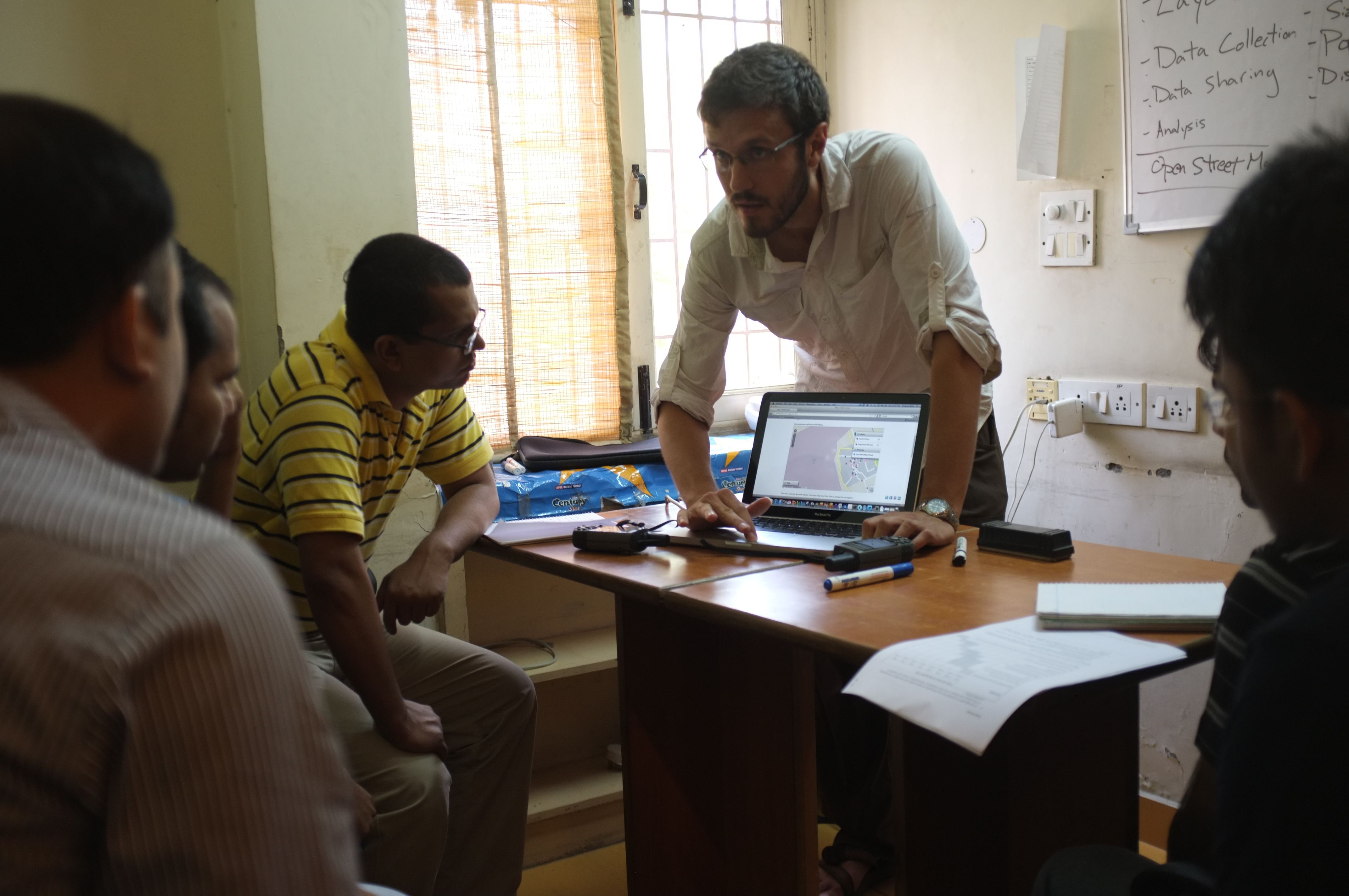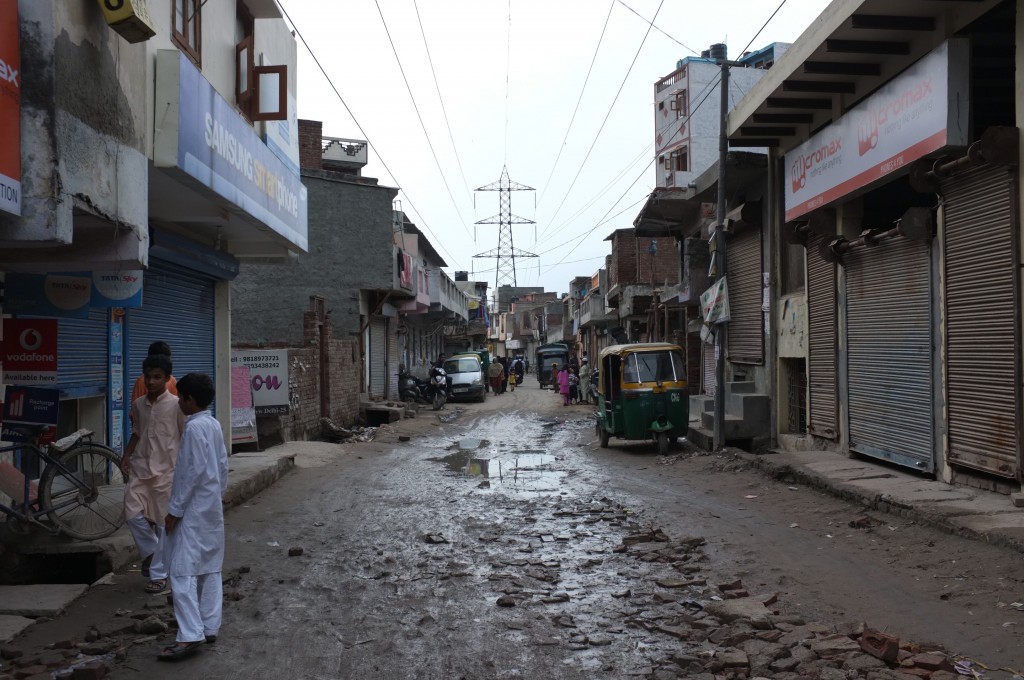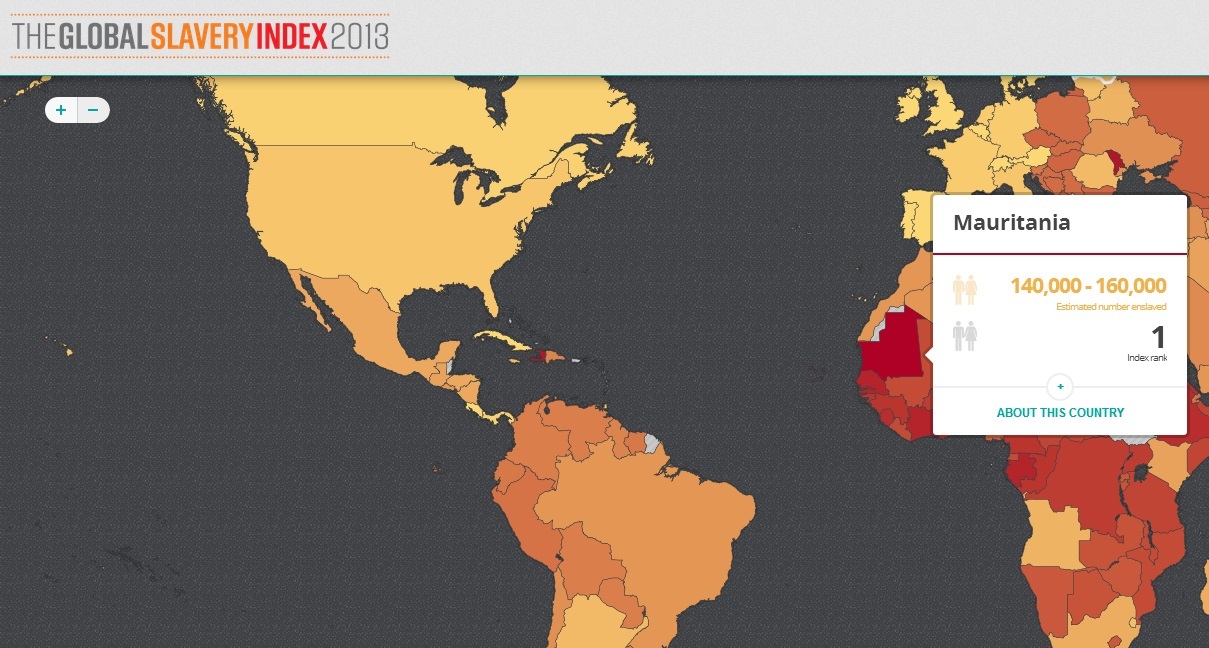If you’re interested in mapping in crisis zones, consider taking our course Tech Tools and Skills for Emergency Management that runs from September 3rd – September 28th.
Cross-posted from Greg Maly’s blog, Multitracked. He is currently working on a mapping based research project run by the University of Denver in New Delhi, India.
This past May we published a blog piece outlining some of the basic lessons learned from TechWeek at Korbel. One of the main takeaways was that technology solutions, though a potentially powerful set of tools, are only 10% tech and 90% people power.
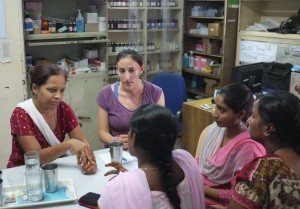
This includes not only putting people in the drivers seat for the use of these tools over time, but also at the onset of any project when considering the need, or gap, they are intended to fill. A few months later, these lessons have become ever more salient as my team from the University of Denver works on the design of a maternal and child health monitoring system for the community of Jasola – a high risk population that borders the Yamuna river in New Delhi, India, and consequently suffers from high child and maternal mortality rates.
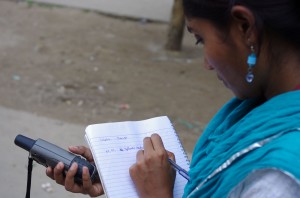 Keeping the importance of local ownership in mind from the onset of our project, and working with our local counterparts in the region – a Gender Resource Center (GRC) staffed by women who both live and work in the community – we began by holding a series of focus group discussions with the primary stakeholders in the region: young mothers and pregnant women, doctors who run small health clinics, and community health workers. In each meeting a number of grievances arose, from a lack of resources and shortage of doctors relative to the size of the population in the region, to the difficulties of maintaining effective communication between doctors and patients. As an example of the effectiveness community driven conversations, through these focus group sessions we learned that knowing the location of pregnant mothers was one of the greatest obstacles to routine checkups. This we could work with relatively quickly.
Keeping the importance of local ownership in mind from the onset of our project, and working with our local counterparts in the region – a Gender Resource Center (GRC) staffed by women who both live and work in the community – we began by holding a series of focus group discussions with the primary stakeholders in the region: young mothers and pregnant women, doctors who run small health clinics, and community health workers. In each meeting a number of grievances arose, from a lack of resources and shortage of doctors relative to the size of the population in the region, to the difficulties of maintaining effective communication between doctors and patients. As an example of the effectiveness community driven conversations, through these focus group sessions we learned that knowing the location of pregnant mothers was one of the greatest obstacles to routine checkups. This we could work with relatively quickly.
A simple fix was the breakdown of the community into the separate Mohallas, or neighborhoods, which are already well known to community members, but haven’t made it into any form of visual representation. A few afternoons of community mapping using handheld Garmin GPS units and an OSM update quickly fixed the problem and moved the conversation forward a few steps, allowing new ideas to unfold – many of which came from the GRC staff themselves.
Like many health projects around the world, this one has a long way to go. The problems are greater than any solution of this scale can begin to truly address. However, small wins like these slowly begin to even the playing field as communities become empowered to address problems one a time, and with sustainable solutions that do not require a large number of additional resources. In this case, we’re happy to report that community members are on board, including some young mothers who have joined the conversation. Updated maps are being connected with a system that will aim to track mothers from conception through to birth. And though our DU team is set to return home in just two weeks time, I can already tell that the community members see the benefit of this project, and are ready to push it forward with or without us for the long haul. Who knows – there might even be a tablet involved. Stay tuned.

